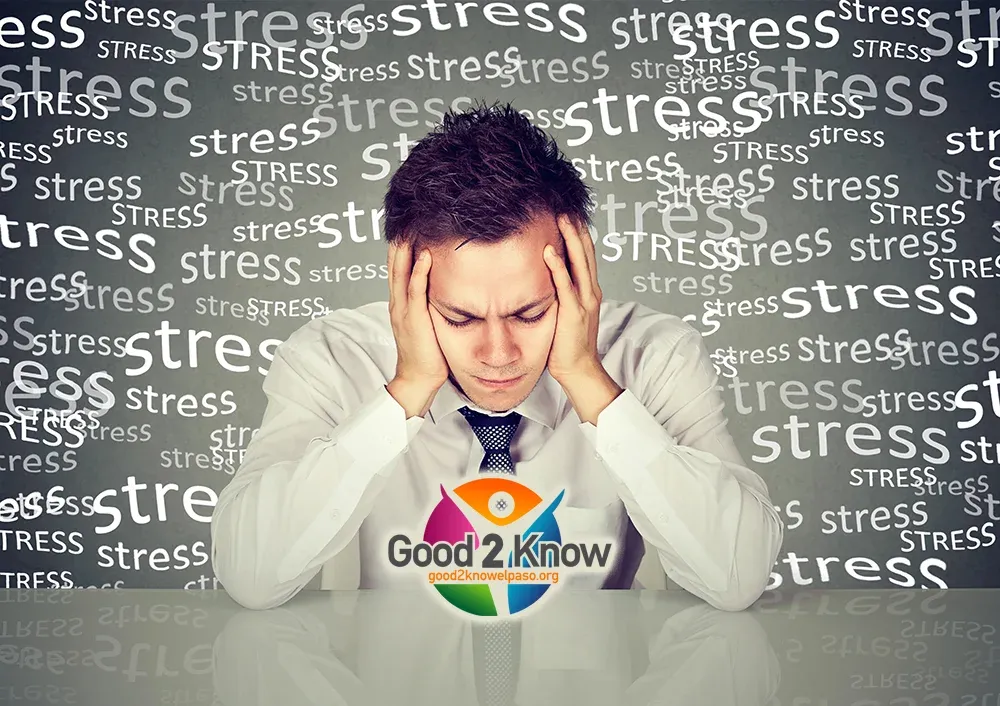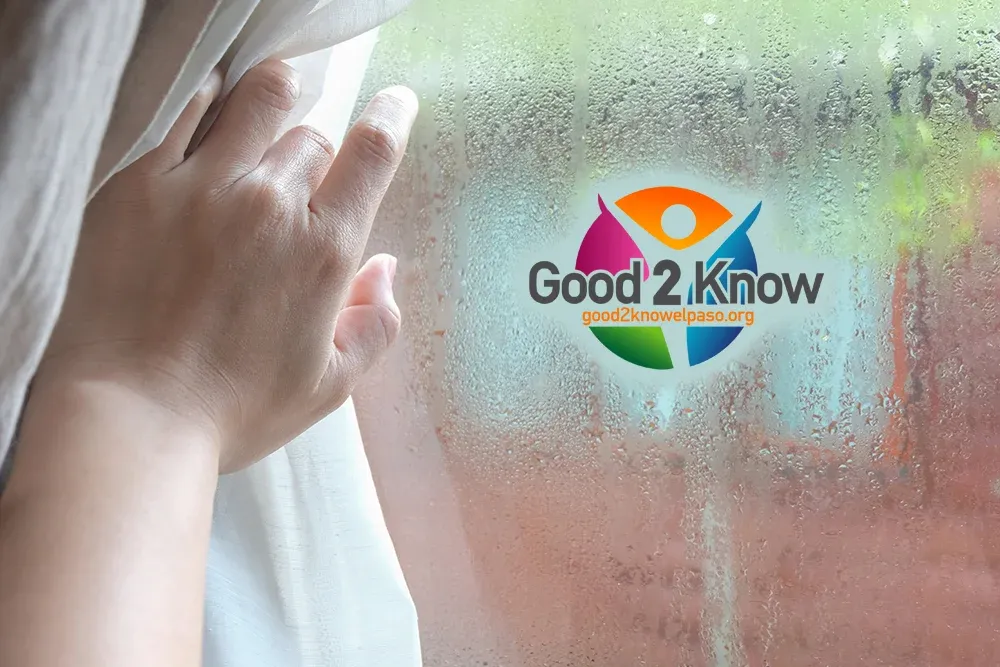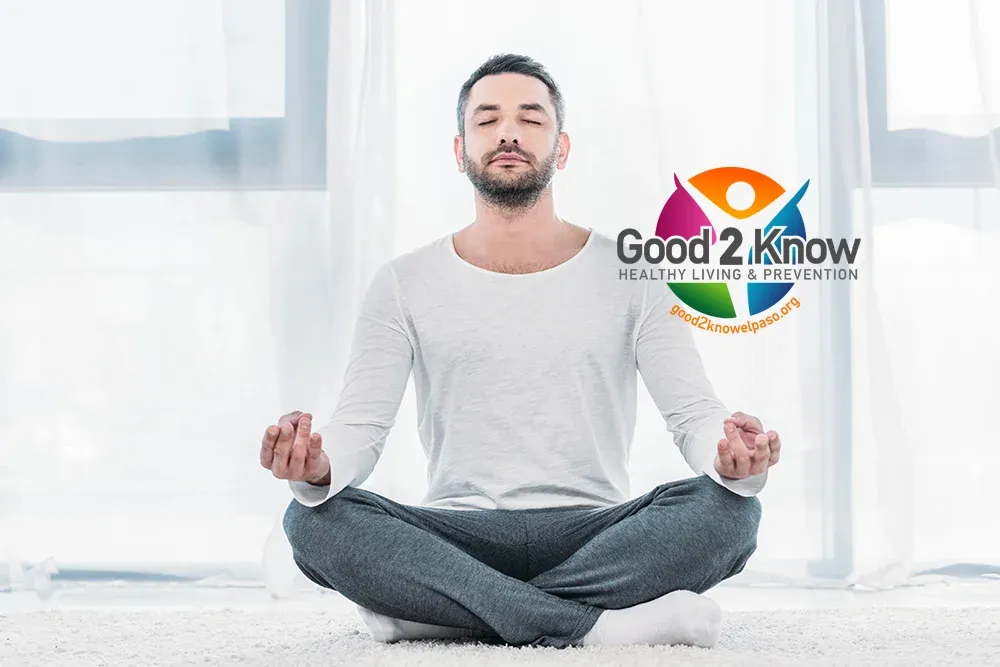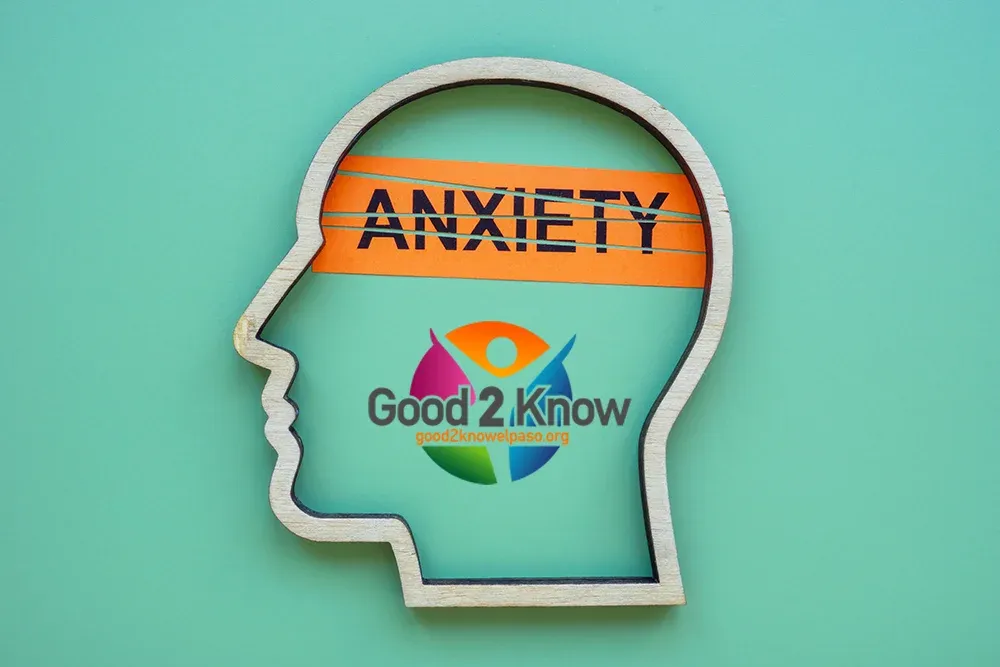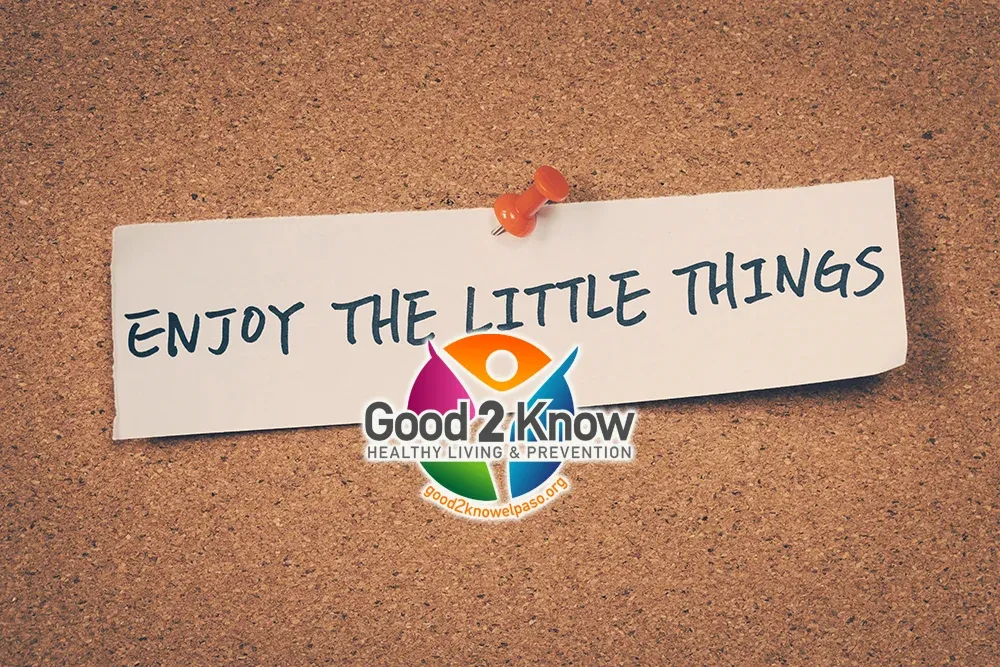Studies show people who are sleep deprived report increases in negative moods (anger, frustration, irritability, sadness) and decreases in positive moods. And sleeplessness is often a symptom of mood disorders, such as depression and anxiety. It can also raise the risk of, and even contribute to, developing some mood disorders.
Your mood can also affect how well you sleep. Anxiety and stress increase agitation and keep your body aroused, awake and alert. You might find you can’t turn your brain off, your heart beats faster and your breathing is quick and shallow.
So, getting enough sleep and the right kind of sleep is important, but much sleep do you need?
That depends on your age, physical activity levels, and general health.
• Children and teenagers need 9–10 hours of sleep a night. Younger children tend to go to sleep earlier and wake earlier. As children grow into teenagers, they seem to get tired later and sleep in later.
• Adults need around 8 hours sleep each night. We tend to need less sleep, as we get older.
Source: https://www.betterhealth.vic.gov.au/health/healthy...
Sleeplessness and mood disorders are closely linked. And it can work both ways – sleep loss can affect your mood, and your mood can affect how much and how well you sleep.



